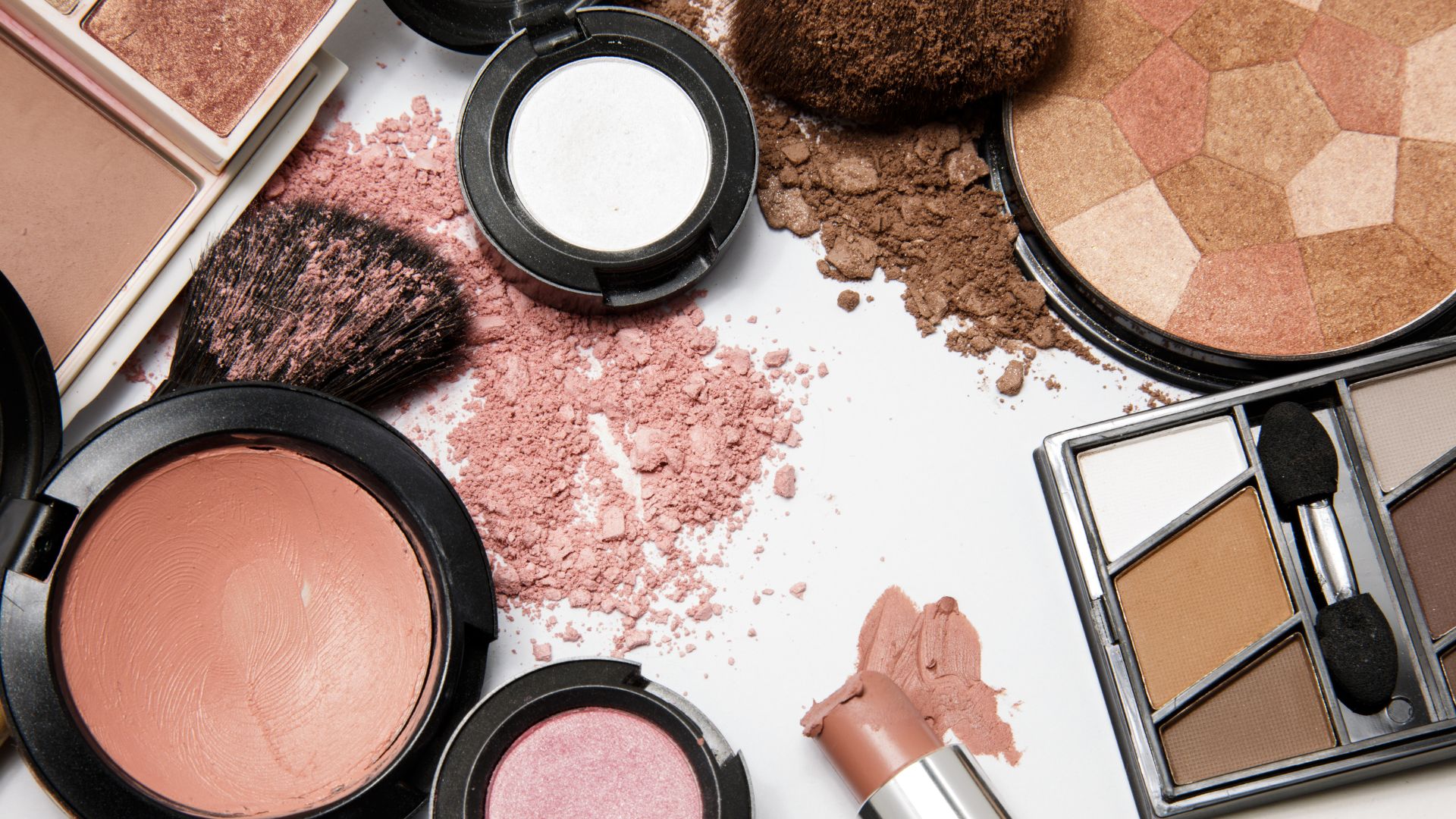Sunscreen Selection: Avoiding Skin Cancer and Hormonal Imbalance
Selecting the right sunscreen is pivotal for skin health, especially considering recent research highlighting potential risks associated with certain types of sunscreens. Understanding the two primary categories of sunscreens is crucial:
- Chemical Filters: These sunscreens absorb UV rays using chemicals like oxybenzone and avobenzone.
- Mineral Filters: These sunscreens block UV rays with minerals like zinc oxide and titanium dioxide.
Recent studies have raised significant concerns about sunscreens with chemical filters:
- They can inhibit melanin production, increasing the risk of skin cancer (Morpurgo G, Catacuzzeno L, Peruzzi S, Blasi P, Fioretti B, 2015).
- Chemicals in these sunscreens can be absorbed into the blood, potentially disrupting hormonal balance (Matta MK et al., 2019).
These concerns have led to a decline in the effectiveness of sunscreens for protecting against skin cancer since the 1980s (Silva ESD et al., 2018). Moreover, skin cancer rates in some areas have risen despite increased sunscreen use (Ontario Health (Cancer Care Ontario), May 2021).
The U.S. Food and Drug Administration (FDA) found that sunscreen chemicals are absorbed into the blood within minutes of application (Matta MK et al., 2019). This absorption can lead to prolonged exposure to these chemicals (Matta MK et al., 2020), potentially causing hormonal disruptions and skin reactions.
To mitigate these risks, follow these sun smart behaviors:
- Seek shade from 11 a.m. to 3 p.m.
- Wear protective clothing and wide-brimmed hats.
- Opt for non-nano zinc oxide-based mineral sunscreens that sit on the skin and block UV rays.
Enjoy the sun safely this summer!
References:
>>Matta MK, Zusterzeel R, Pilli NR, et al. Effect of Sunscreen Application Under Maximal Use Conditions on Plasma Concentration of Sunscreen Active Ingredients: A Randomized Clinical Trial. JAMA. 2019;321(21):2082–2091. doi:10.1001/jama.2019.5586
>>Matta MK, Florian J, Zusterzeel R, et al. Effect of Sunscreen Application on Plasma Concentration of Sunscreen Active Ingredients: A Randomized Clinical Trial. JAMA. 2020;323(3):256–267. doi:10.1001/jama.2019.20747
>>Morpurgo G, Catacuzzeno L, Peruzzi S, Blasi P, Fioretti B. Are tyrosinase inhibitors in sunscreens and cosmetics enhancing UV carcinogenicity? Exp Dermatol. 2015 Jul;24(7):546-7. doi: 10.1111/exd.12715. PMID: 25876676.
>>Ontario Health (Cancer Care Ontario). Cancer Fact: Skin cancers increasing among adults. May 2021. Available at cancercareontario.ca/Cancerfacts.
>>Silva ESD, Tavares R, Paulitsch FDS, Zhang L. Use of sunscreen and risk of melanoma and non-melanoma skin cancer: a systematic review and meta-analysis. Eur J Dermatol. 2018 Apr 1;28(2):186-201. doi: 10.1684/ejd.2018.3251. PMID: 29620003.
Are you getting the full benefit of a Fullscript account?
If you haven’t already done so, set up your own Fullscript account so you can see my recommended core supplements, Protocols, and other favorites. And if you decide to purchase supplements which I’ve researched and recommend through Fullscript, I receive a small commission — and YOU receive a 10% discount! It’s a win/win.
Canadian residents
USA residents
>>> If you’re having trouble finding my list of Favorite Supplements, I hope this video helps you. <<<
If you’re still unable to see my recommended core supplements in your account, select the ‘Catalog’ tab, then click on ‘Dr. Patricia Mills’ Fullscript Account Favourites’ and then select ‘Foundational Supplements’.



